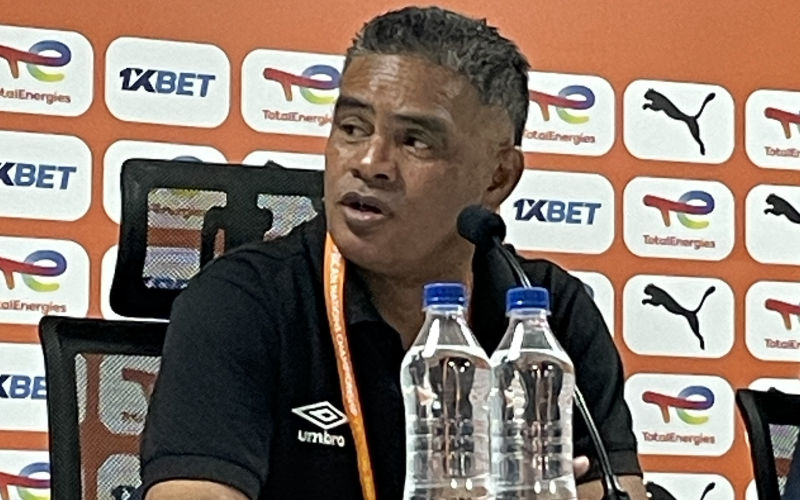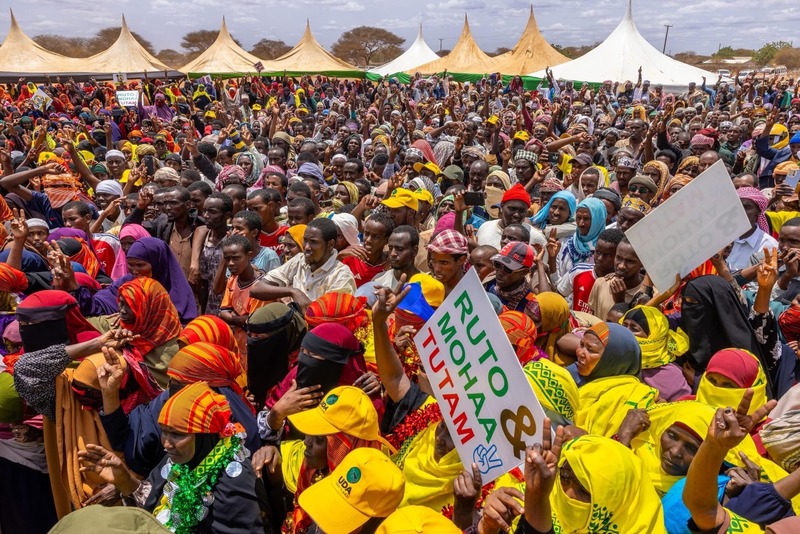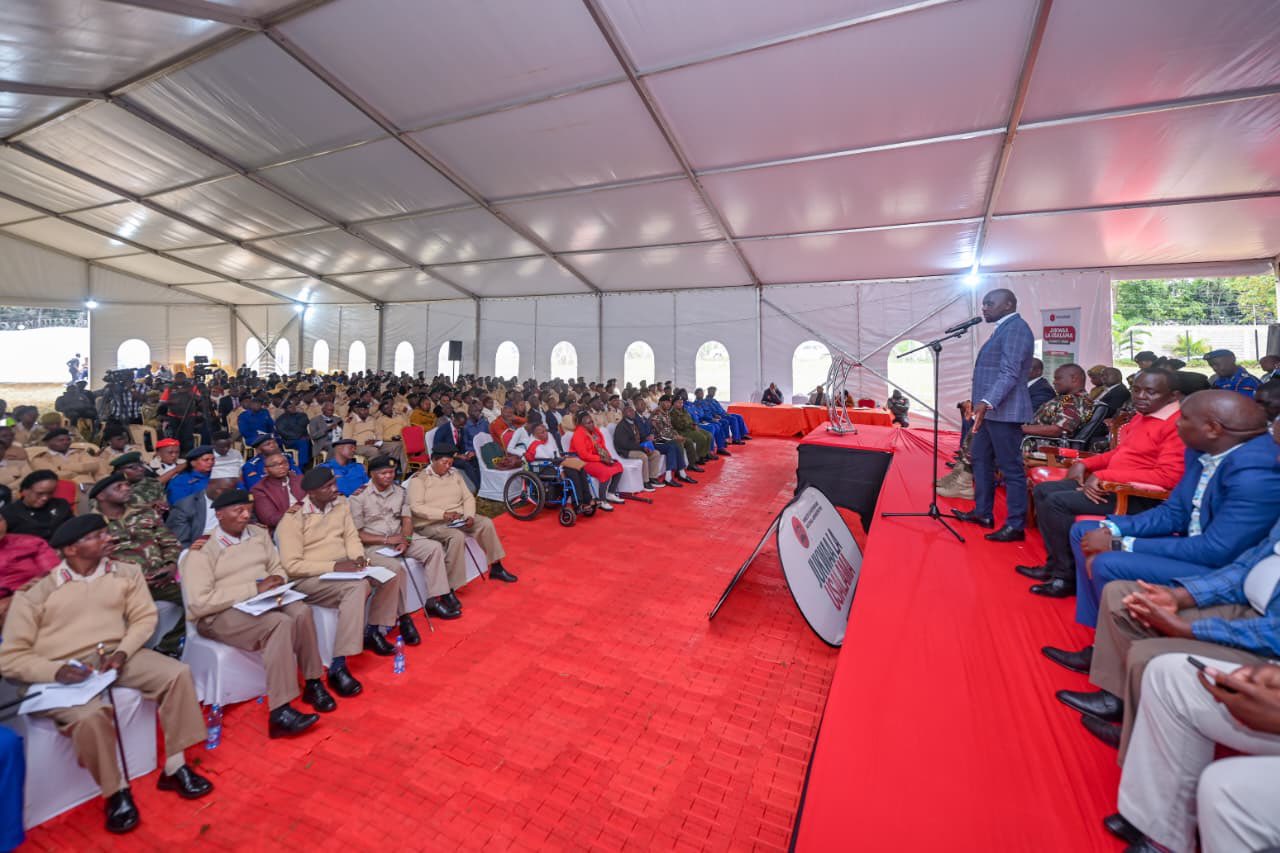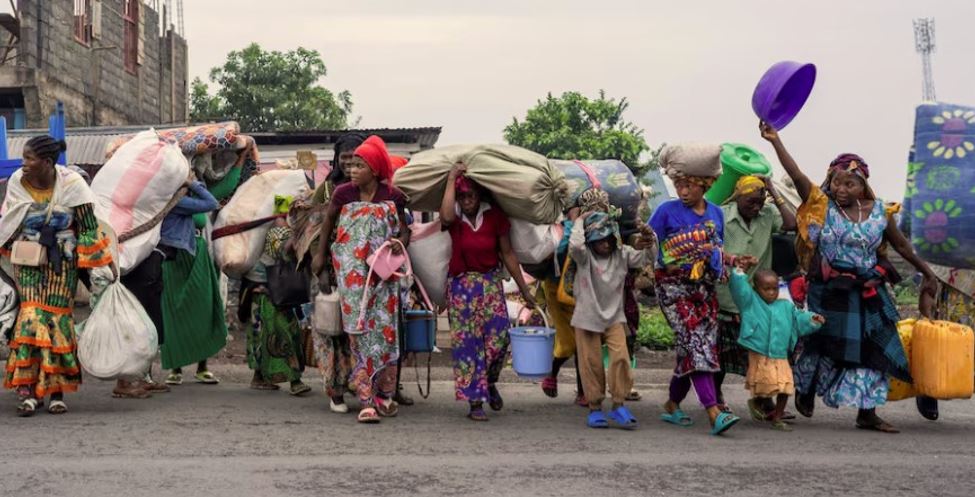MPs push for inclusion of more elderly Kenyans into Inua Jamii despite budget constraints
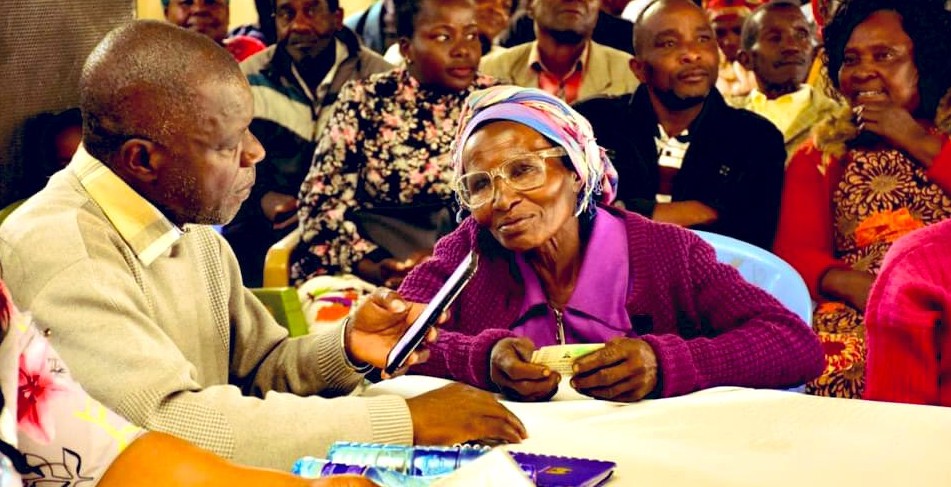
With Parliament’s orders now in effect, attention turns to whether the ministry can act swiftly under financial strain or whether more elderly Kenyans will remain unregistered and unsupported.
Members of Parliament have ordered the government to begin enrolling more elderly people into the Inua Jamii cash transfer programme, even as the State Department on Social Protection warned of budget limitations.
In a session with the Committee on Implementation on Tuesday, Principal Secretary Joseph Motari explained that the department had not received extra funds in the latest budget adjustments, making it difficult to add new beneficiaries.
More To Read
- State disburses Sh4.6 billion for delayed Inua Jamii stipends
- State to link Inua Jamii payments with civil records to curb fraud
- State to link Inua Jamii cash transfer system with civil registry to eliminate ghost beneficiaries
- Treasury injects Sh12.5 billion into Inua Jamii to sustain cash transfers for vulnerable Kenyans
- Millions to benefit as social protection budget increased to Sh41.4 billion
- Sub-Saharan Africa tops global list with 827 million people lacking adequate social protection
However, Budalang’i MP Raphael Wanjala, who chairs the committee, said registration should continue regardless of the financial situation.
“Bwana PS, this is the Committee on Implementation. Our mandate is to ensure House resolutions are executed. I direct that you commence registration immediately. We will then invite you and the National Treasury in four weeks to review the situation,” Wanjala said.
The committee's order follows a House resolution adopted after a motion by Kilome MP Thaddeus Nzambia, which called for the uninterrupted registration of senior citizens and the lowering of the eligibility age from 70 to 65.
Motari told MPs that under the current rules, only those aged 70 and above qualify.
“Chair, the existing programme guidelines stipulate that beneficiaries must be 70 years or older, not 65,” he noted.
MPs disagreed with the current threshold, pointing out that Kenya’s life expectancy is about 66 years, and argued that many people miss out on help in their final years due to the age limit.
The PS warned that even with a lowered age, the department lacks the resources to cover all eligible individuals.
“Funding remains a challenge. The President has directed that cash transfers be prioritised even before salaries, but due to budget constraints, we are only processing disbursements today under Article 223 provisions since there is no allocated budget,” Motari said.
Committee members Komingoi Kibet and Mark Mwenje sought clarification on how the department manages records of deceased beneficiaries and whether systems were in place to fill those gaps.
Motari said an upgraded registry backed by the World Bank had been developed to streamline beneficiary replacement.
Mombasa Woman Rep Zamzam Mohammed and Trans Nzoia Woman Rep Lilian Siyoi urged the department to make home visits for individuals facing mobility challenges.
“Many persons with disabilities have been excluded for not meeting arbitrary severity thresholds—a discriminatory practice,” she added.
Motari said recent legal reforms would help tackle this issue, citing the Persons with Disabilities Bill, 2023, introduced by Senator Crystal Asige.
Despite efforts to assist the elderly, questions have been raised about the programme’s credibility.
Auditor General Nancy Gathungu recently exposed irregularities, including payments to deceased persons, terming the breaches illegal in her audit for the year ending June 30, 2024.
To address these challenges, the government has introduced the Social Protection Bill, 2025. The bill, fronted by Majority Leader Kimani Ichung’wah, proposes that any overpayments to beneficiaries be recovered, including from the estates of deceased individuals.
With Parliament’s orders now in effect, attention turns to whether the ministry can act swiftly under financial strain or whether more elderly Kenyans will remain unregistered and unsupported.
Top Stories Today




